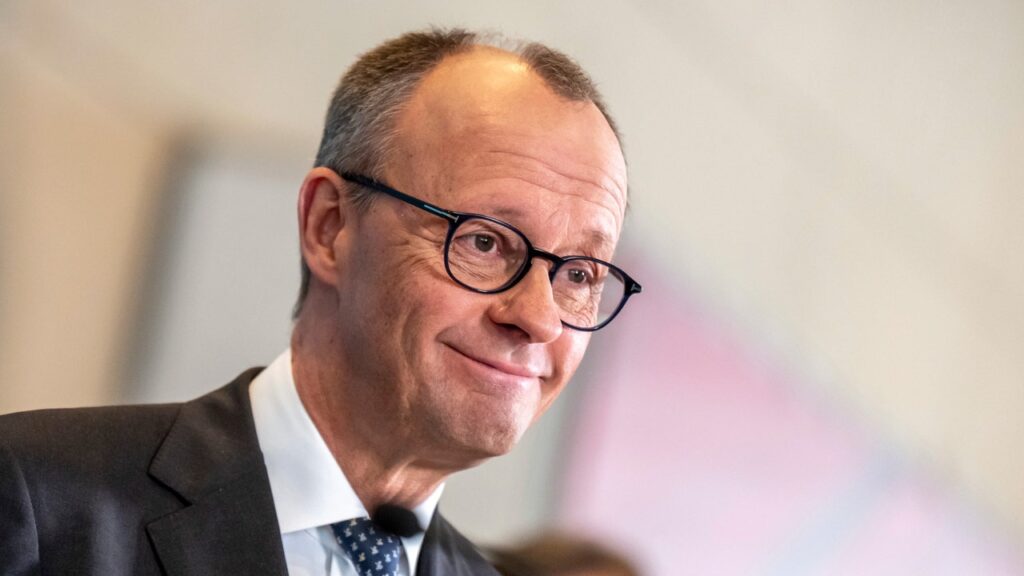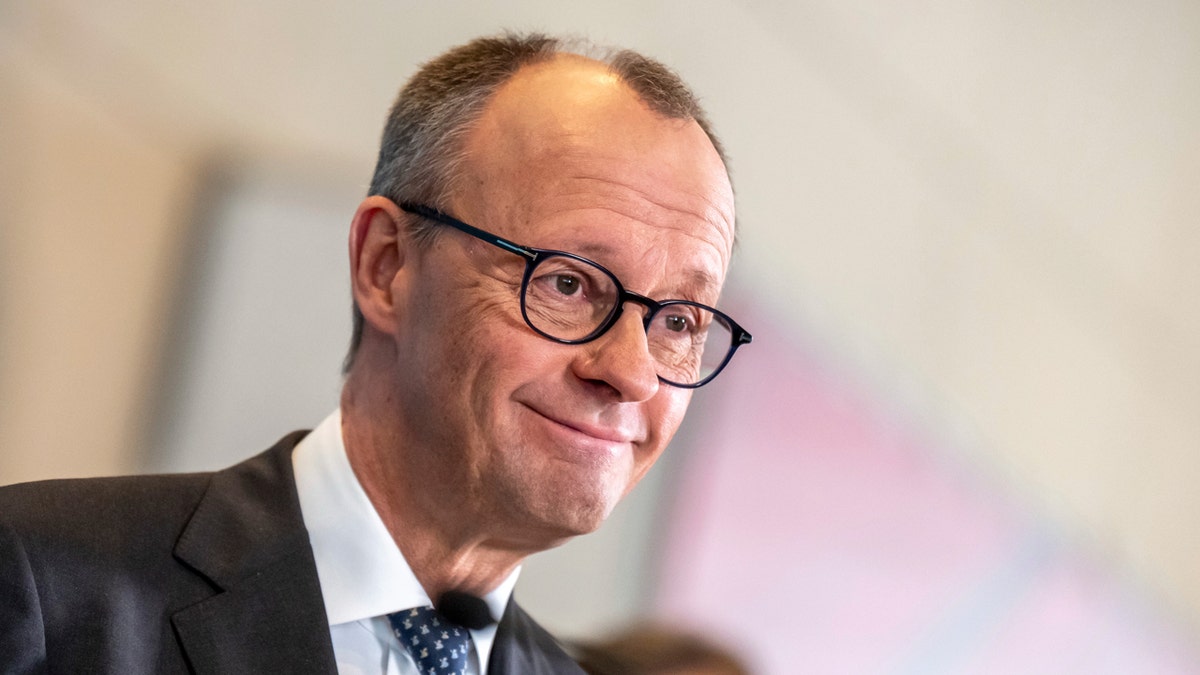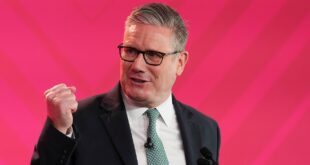
- Friedrich Merz of the CDU is expected to become the next chancellor, replacing Olaf Scholz after Germany’s center-right Christian Democratic Union (CDU) and center-left Social Democrats agreed to form a coalition government.
- The coalition has already advanced plans for increased defense spending and infrastructure investment, marking a shift in CDU’s fiscal stance.
- The deal was hastened by international tensions, including U.S. tariffs and doubts about transatlantic alliances, as well as domestic political pressure from rising far-right support and economic stagnation in Germany.
Conservative and center-left parties reached a deal to form a new German government on Wednesday after weeks of negotiations, paving the way for new leadership in Europe’s biggest economy after months of political drift.
Friedrich Merz, the leader of the center-right Christian Democratic Union, is expected to become Germany’s next leader under the agreement, replacing outgoing Chancellor Olaf Scholz. The parties involved sent an invitation to a news conference on the coalition deal at 3 p.m. (1300 GMT).
Merz’s two-party Union bloc emerged as the strongest force from Germany’s election on Feb. 23. Merz turned to the Social Democrats, Scholz’s center-left party, to put together a coalition with a parliamentary majority.
GERMANY’S CONSERVATIVE ELECTION TURN POINTS TO ‘TRUMP EFFECT INTERNATIONALLY,’ EXPERT SAYS
The wait isn’t quite over yet
It’s still going to be a little while before parliament can elect Merz as chancellor, perhaps in early May. Before that can happen, the coalition deal will need approval in a ballot of the Social Democrats’ membership and by a convention of Merz’s CDU.
Details of the agreement weren’t immediately available.

Friedrich Merz is expected to become Germany’s next leader after the center-right Christian Democratic Union and the center-left Social Democrats reached a deal to form a new German government. (Michael Kappeler/dpa via AP)
But already last month, the two sides pushed plans through parliament to enable higher defense spending by loosening strict rules on incurring debt and to set up a huge infrastructure fund that’s aimed at boosting the stagnant economy.
That was an about-turn for Merz, whose party had spoken out against running up new debt before the election without entirely closing the door to future changes to Germany’s self-imposed “debt brake.”
The election took place seven months earlier than planned after Scholz’s unpopular coalition collapsed in November, three years into a term that was increasingly marred by infighting and widespread discontent. Germany, the 27-nation European Union’s most populous member, has been in political limbo since then.
WORLD LEADERS REACT TO TRUMP’S SWEEPING TARIFFS: ‘TUMULTUOUS TIMES’ AHEAD
Pressure from abroad and at home
The market turbulence caused by U.S. President Donald Trump’s announcement of sweeping tariffs added to pressure for Merz’s Union and the Social Democrats to bring their coalition talks to a conclusion.
The tariffs threaten to add to the woes of an export-heavy economy that shrank for the past two years, and generating growth will be a central task for the new government.
Increasing doubts about U.S. commitment to European allies also played into the prospective coalition’s decision to enable heftier defense spending. Merz said last month that Germany and Europe must quickly strengthen their defense capability and that “‘whatever it takes’ must also go for our defense now.”
CLICK HERE FOR THE FOX NEWS APP
Another factor in the haste to reach an agreement was a decline for the Union in the opinion polls, showing support slipping from its election showing, while the far-right Alternative for Germany, which finished a strong second in February, gained as the political vacuum persisted.
The prospective new coalition brings together what have been post-World War II Germany’s traditional big parties, but the Union’s election-winning performance in February was lackluster and the Social Democrats dropped to their worst postwar showing in a national parliamentary election.
Together, they have 328 seats in the 630-member lower house of parliament, the Bundestag.
 Latest World Breaking News Online News Portal
Latest World Breaking News Online News Portal






